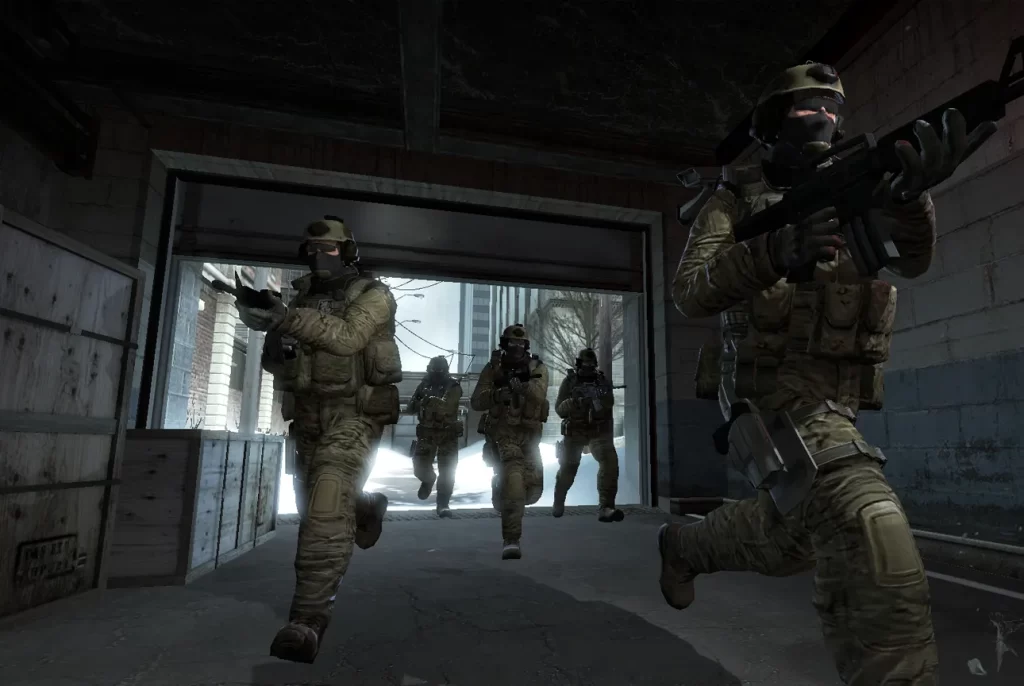Configuring Counter-Strike 2 Launch Options for Competitive Edge
Configuring the launch options for Counter-Strike 2 is a vital step for players looking to gain a competitive edge and optimize their gaming experience. The launch options allow players to customize the way the game runs, improving everything from performance to stability, and sometimes even gameplay. For competitive players, this means setting up the game to maximize frame rates, reduce input lag, and eliminate unnecessary background processes that can affect gameplay. One of the first adjustments that players should consider is ensuring the game runs at its highest possible frame rate. This is crucial in a fast-paced game like Counter-Strike 2, where every millisecond count. Lower frame rates can lead to stuttery gameplay, making it difficult to aim accurately or react to opponents in real time. By adjusting certain launch parameters, players can unlock the full potential of their hardware, ensuring smoother and more responsive gameplay.

Another key adjustment for competitive players is minimizing input lag. Input lag is the delay between a player’s action such as pressing a button or moving the mouse and the game’s response. Reducing input lag is critical in a competitive environment, where fast reactions and precise movements are essential. Launch options can disable certain game features that might contribute to additional latency, such as V-Sync or high-quality graphical settings that are not necessary for competitive play. By turning off these features, launch cs2 players can ensure their inputs are registered as quickly as possible. Aside from performance-related tweaks, launch options can also be used to configure certain game behaviors. For example, competitive players often want to adjust the game’s tick rate or network settings to ensure the most stable and consistent connection to the server. This can be achieved through specific launch parameters that tweak the game’s networking behavior.
A stable connection is vital for success in competitive play, where even minor hiccups can make the difference between winning and losing. Players should also consider configuring the game to launch in a way that prioritizes performance over aesthetics. Competitive players typically do not need the highest quality textures or effects, as the primary focus is on clarity, speed, and visibility. By turning down unnecessary graphical settings or using lower resolution models and textures, the game will run faster and with less strain on the system. This helps ensure that the computer can focus on delivering smooth gameplay rather than rendering complex visuals that do not contribute to performance. Many players may not realize that background applications can drain system resources and cause a drop in performance. By configuring the launch options to disable certain features, players can ensure that the game is the primary application running, giving it maximum access to system resources.




